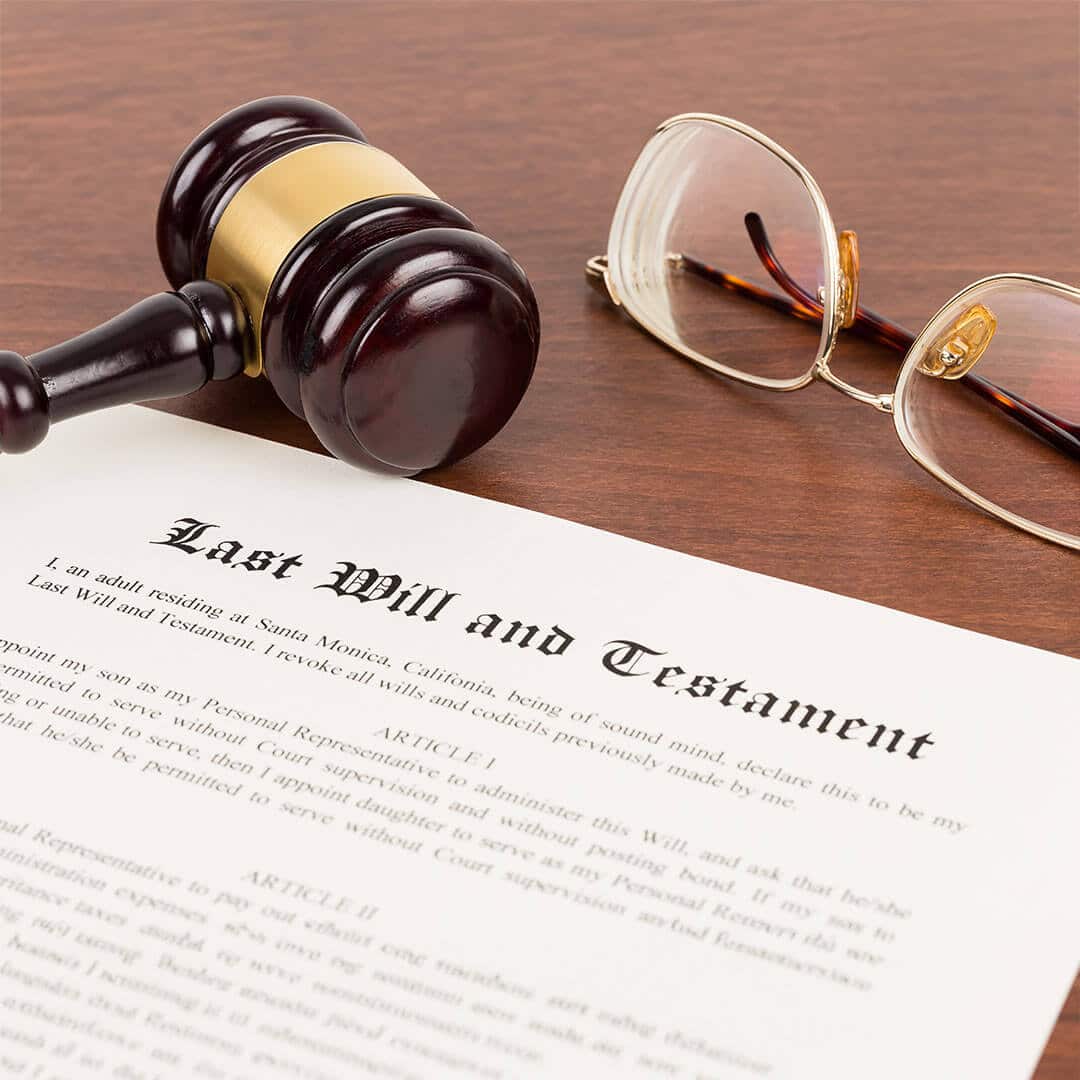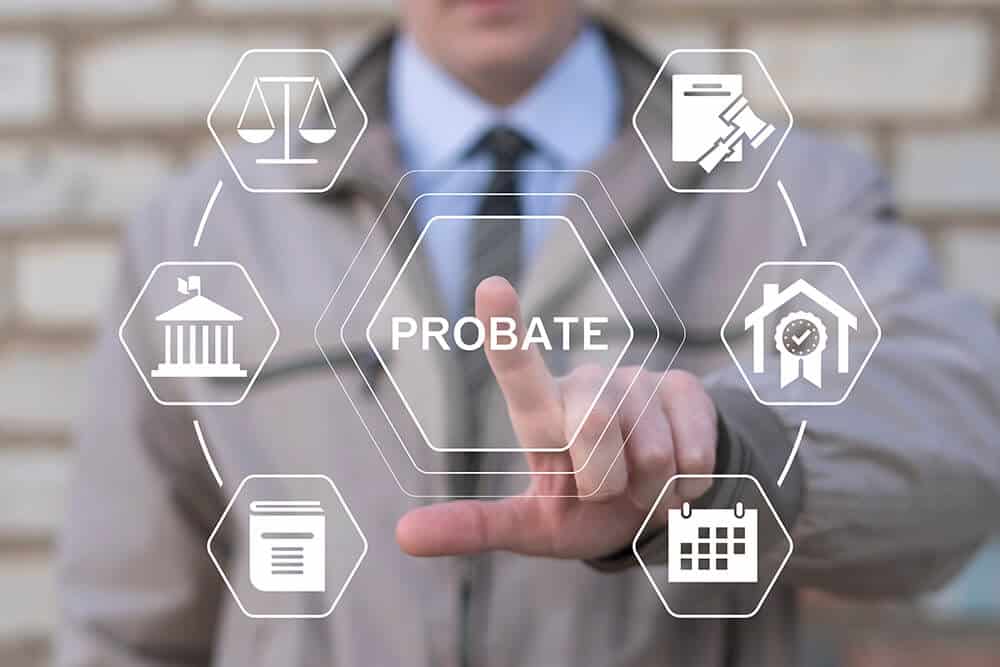Probate
Compassionate Guidance Through The Probate Process

Losing a loved one is difficult, and dealing with the probate process afterward can feel overwhelming. If you’re facing Probate in Rhode Island, Massachusetts, Connecticut, or New Hampshire, you don’t have to handle it alone.
At Senerchia & Senerchia P.C., we’re here to guide you through each step with compassion and clarity. Whether your loved one had a Will or not, we’ll make sure the legal process is handled properly and their wishes are respected so you can focus on what matters most: your family.
We’ll take care of the details, so you don’t have to carry the burden alone.
What Is The Probate Process?
Probate is the legal process that takes place after someone passes away. It’s how the court makes sure that a person’s assets such as money, property, and personal belongings are properly accounted for.
During probate, any outstanding debts or taxes are paid, and what’s left is distributed to the rightful heirs or beneficiaries, either according to the person’s Will or, if there isn’t one, based on state law.
The process helps ensure everything is handled fairly and legally, providing a clear path for settling an estate.

What To Expect During The Probate Process
Dealing with probate can feel like a lot to take on, especially during a difficult time. That’s why our family is here to support yours making sure your loved one’s wishes are carried out with care, dignity, and respect. Here’s a simple, step-by-step look at how the probate process typically works.

Filing with the Probate Court
The process begins by filing the deceased person’s Will (if there is one) and a petition to open probate with the local probate court.
Appointing a Personal Representative
The court appoints someone to manage the estate. This person is responsible for handling all aspects of the probate process.
Identifying and Valuing Assets
All of the deceased’s assets must be located, documented, and sometimes professionally appraised.
Paying Debts and Taxes
Before anything is distributed to heirs, outstanding debts and taxes must be paid from the estate.
Distributing the Remaining Assets
Once everything is settled, the remaining assets are distributed to the heirs or beneficiaries, either according to the Will or state law if there was no Will.
Closing the Estate
After all tasks are complete, the court officially closes the estate.

